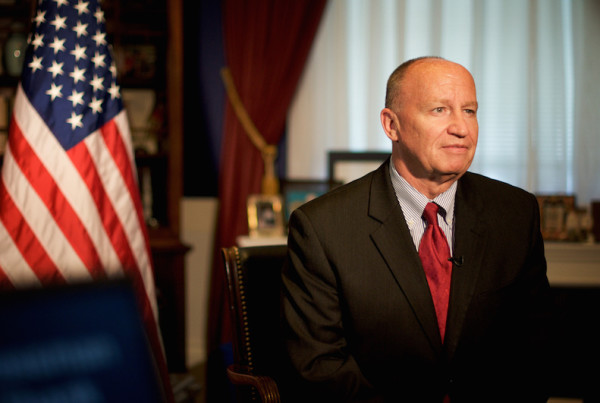Following another legal setback to President Barack Obama’s immigration executive action, the Justice Department says it plans to ask the U.S. Supreme Court to review the lawsuit.
Obama wants to offer deferred deportations to undocumented immigrants who have lived in the U.S. since 2010 and have children who are legal citizens or lawful permanent residents. Deferred Action for Parental Arrivals, or DAPA, would not give full legal status to these immigrants, but would give a renewable three-year work permit and exemption from deportation.
The U.S. Court of Appeals Fifth Circuit ruled 2 to 1 Monday against an appeal by the Obama administration for a lawsuit brought by Texas and 25 other states against the president’s DAPA plans. Gov. Greg Abbott appeared on Fox News Tuesday morning to celebrate the win as a victory for the separation of powers.
“The president does not have the unilateral authority to grant amnesty to millions of people,” Abbott said. “That is the big issue here and that is ‘Do we have the rule of law in the United States of America or do we not?’ And what this federal court of appeals said is the rule of law still applies even to the President of the United States of America.”
Not long after Abbott’s celebratory news appearance, the Department of Justice released a statement that it will appeal the ruling.
“The Department disagrees with the Fifth Circuit’s adverse ruling and intends to seek further review from the Supreme Court of the United States,” said Justice Department spokesman Patrick Rodenbush.
With the fight ongoing, what will happen for the estimated 4.5 million people – including 1 million people in Texas – who are affected by this decision? Denise Gilman, professor and director of the Immigration Clinic at the University of Texas Law School, says while the country waits for yet another ruling, those affected will probably continue to fly under the radar.
Undocumented immigrants who would qualify for DAPA will continue to “not be able to contribute as fully in taxes and in buying power to our economy,” she says.
Now there is a real sense of urgency for the Supreme Court to make a final decision, Gilman says. “The courts have taken their time in resolving these matters and put us in a place where, unless there’s a resolution of the legal claims, pretty soon we’ll be moving into a new administration,” she says.
Listen to the full interview in the audio player above.















